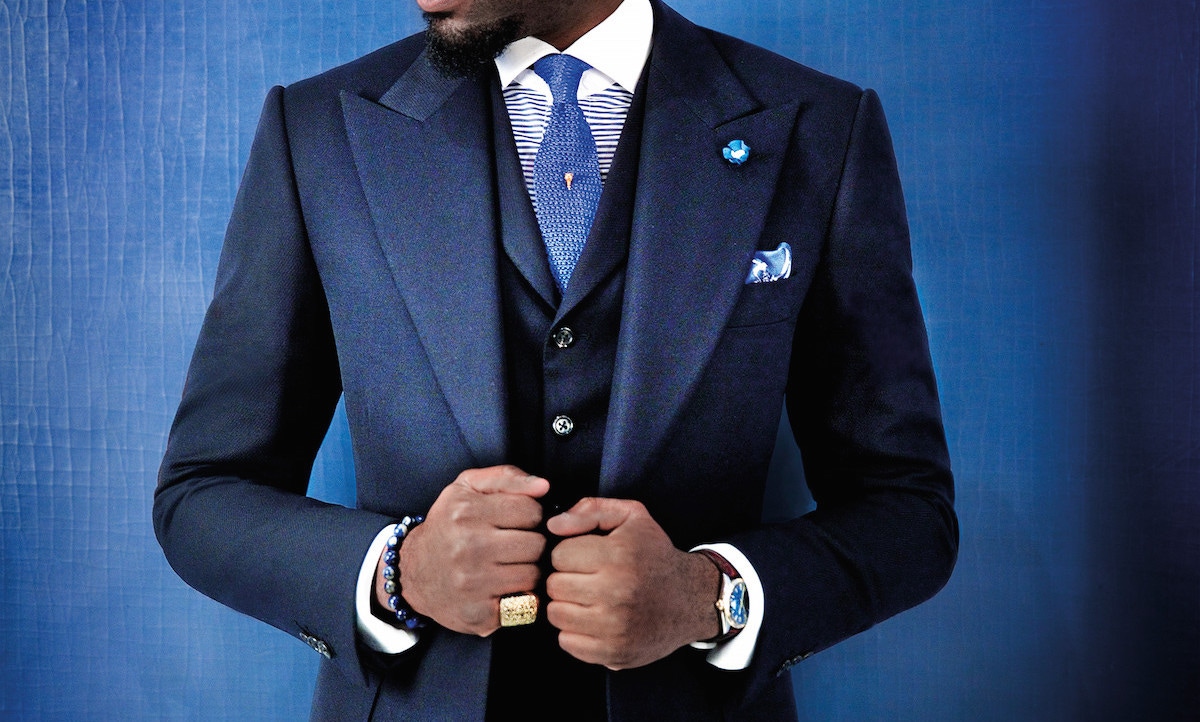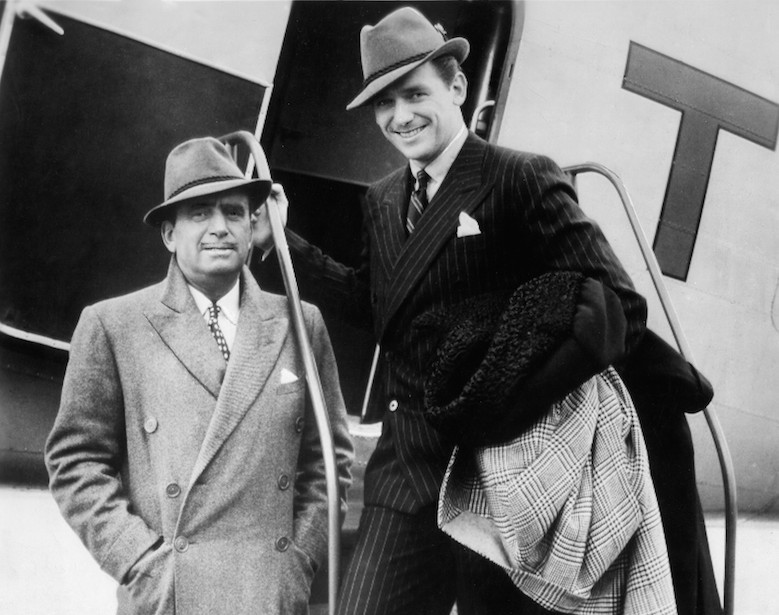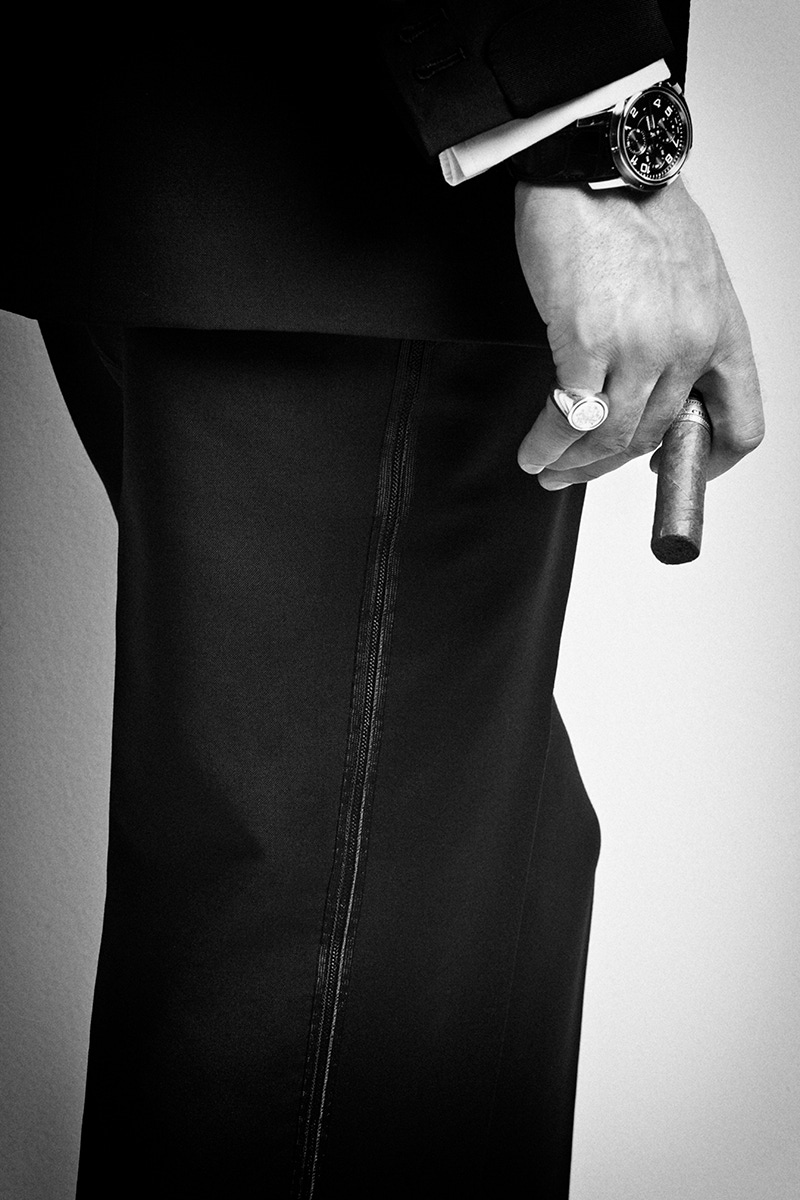How Thomas Clipper Is Changing The Morning Ritual
The duo behind Thomas Clipper weave narrative and craft through every aspect of their considered grooming range.

If you fancy shaking the hands of the artisans who make Thomas Clipper's grooming products, as a sort of appreciation of their respective crafts, they wouldn’t be hard to pin down. Richard in Leicestershire hand-turns the lathering bowls, Sara and Gail make and cut the soap in Norfolk, Nigel works the razor handles from stainless steel in Market Harborough and Deepak casts the razor heads in Delhi.
Being able to trace the origins of each piece, right down to the person who’s sanding the wood, is an integral part of Thomas Clipper, and is one that sets the business yards apart from other grooming brands at a time when conversations around transparency are louder than ever.
“We thought there was a real gap in the market,” says Co-founder Antonio Weiss. “You end up spending quite a lot of money on clothes and items, and you don’t really know where they’re from, you don’t have a sense of the quality, the provenance, even of the comfort that they’re actually made in a way that you’d want to tell someone about.”
The idea for Thomas Clipper was first conceived at a wedding in 2014. Weiss, a strategy consultant and councilman, and fellow Co-founder Matt Brown, who works in branding, struck up a conversation about how they yearned for creative respite from the Excel spreadsheets and PowerPoint presentations that took up most of their working weeks. While the majority of boozed brainstorming sessions begin and end on the same evening, the pair kept the idea moving and morphed it into a business centered around double-edge razors, which back then was still a relatively untapped market.
Like many modern start-ups, they created a Kickstarter campaign to gauge demand and raise funds for the initial products: the brand’s Mark One and Mark K razors. Each model has an aesthetic priority, of course, combining classic design with modern accents, but the most notable point of difference is the length and weight of the handle, which Weiss says is one of the heaviest available. “We found that rather than having to dig down on your face and add your own pressure, the natural weight of the handle means it’s as smooth a shave as you can possibly get. That also reduces irritation immensely, so for us, the weight of the handle was very important.”






Off the back of the success of the razors, the pair decided to maintain that strategy of gauging interest among their customers before adding new pieces. “We basically thought, we have lots of ideas, but we need some kind of validation, and who better to help us understand that than our existing customers?” says Weiss. “We give it the name community-driven luxury, going back to our original customers or backers and investors and people who supported us.”
Those voices unanimously said a lathering bowl and brush, so the next chapter for Thomas Clipper was to find suitable materials. Through word of mouth, they stumbled upon a woodsman in Northamptonshire who had recovered a 300-year-old British chestnut, which had fell at the hands of a storm on Boughton Estate. This was cut and smoothed down to form the Heritage wooden bowl and brush, which are engraved with the exact GPS coordinates of where the tree sprouted and, centuries later, came down.
Forging those close relationships with the skilled craftspeople who create the products is another instrumental part of the business. Matt, for example, regularly travels to Norfolk to visit Sara’s workshop, which creates Thomas Clipper’s juniper-scented shaving soap. “She's got a biting, dry sense of humour and is one of our favourite suppliers to work with because of that,” says Matt. “The workshop she runs is on the north Norfolk coast, with windswept beaches and beautiful forests. That closeness to nature inspires the juniper scent and the natural ingredients. But on top of that, we're big gin fans, so it's a little nod to our favourite spirit. After all, a morning shave is a healthier option than the real hair of the dog.”
These different narratives weave together to form the backbone of Thomas Clipper, which allows the pair to further differentiate themselves from fast, mass-produced brands, says Weiss. “We think mornings are the most important part of the day. We don’t want to be a challenger brand, but the number of mornings that are made up of instant coffee, plastic razors, cheap alcohol-fuelled products that you then slap all over your body, they’re not very attractive or pleasant. And in particularly busy and stressful times, actually, it’s a time to take a pause and give yourself some time back, and actually do things properly.”
That, and creating quality, well-crafted products with equally striking design. “Something that you’re proud to have in your home,” says Weiss. “If we ever strayed away from that, we’d be off-course.”




